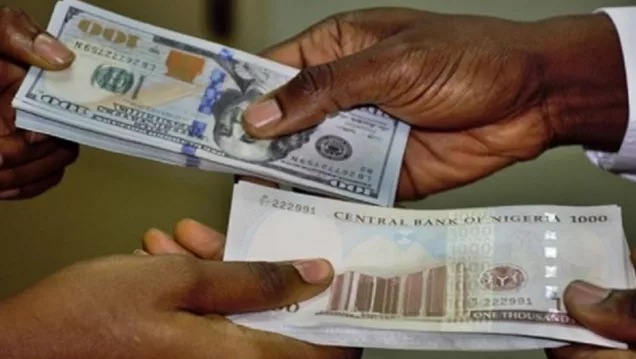
As of the time of filing this report, the Nigerian naira has dropped to a record low of N945 per dollar at the parallel market.
The Nigerian naira has continued to slump against dollar two months after the central bank moved to a more flexible exchange rate to encourage inflows.
Banks are unable to come up with the dollars to meet demand, and buyers are increasingly turning to the black market, widening the gap between the official exchange rate and the price on the street.
Data from FMDQ showed that the naira opened at N757 per dollar on Thursday at the official market but traded much weaker at N945 per dollar at the black market.
This brings the gap between both rates to N188, the widest since the central bank moved to a more flexible exchange rate.
To close the gap between both rates Ayo Teriba, CEO of Economic Associates (EA) urged the CBN to give BDCs same access as banks for fair competition, and should reconsider its list of 43 ineligible forex items, making them eligible
"The CBN must be prevailed upon to allow BDCs equal access as the banks to ensure adequate competition that is needed for a unified rate, and the list of 43 legitimate items currently tagged ineligible for forex by the CBN must be made eligible if we truly want to unify the rate."
He reiterated the importance of reconsidering the list of 43 forex items back on the official market market.
"In which you are diverting transactions to some other 'window' where a different rate will prevail. We either walk the unification talk or continue to autocratically exclude legitimate players and legitimate transactions and perpetuate the multiple rates," Teriba stated.
The unification of the foreign exchange was to simplify the system and boost dollar inflows. This move caused the official exchange rate to drop by 40 percent, briefly aligning with the black market rate. However, due to the ongoing imbalance between dollar supply and demand, the gap has continued to widen.
Ibrahim Tajudeen , chief economist at ChapelHill Denham said that the depreciation and gap in both rates is as a result of low liquidity in the market.
"There is no liquidity in the market and demand is rising, you will always find a gap when there's no liquidity," he said.
He said "I think it can get worse, when schools resume and people have to pay school fees abroad."
Tajudeen said that the economic fundamentals do not support the current value of naira at the parallel market and the solution is to increase inflows.

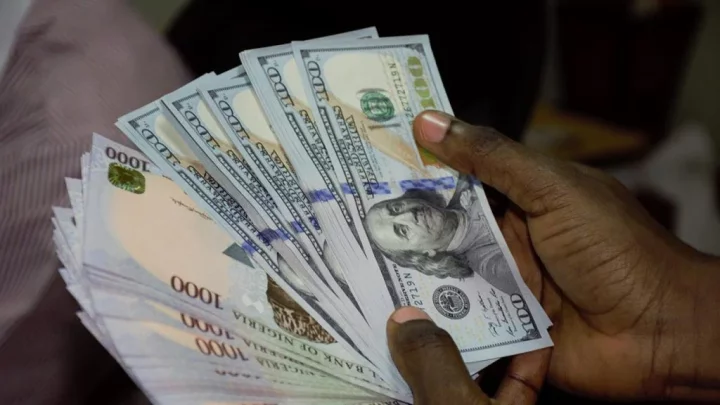
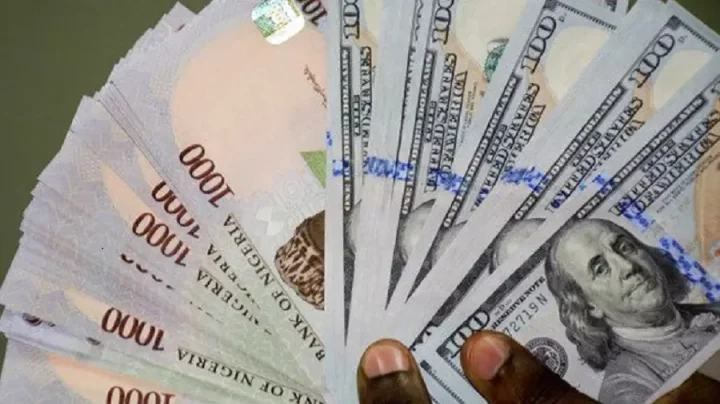
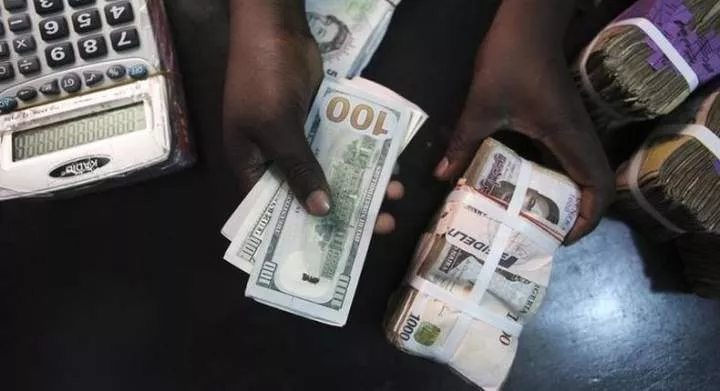
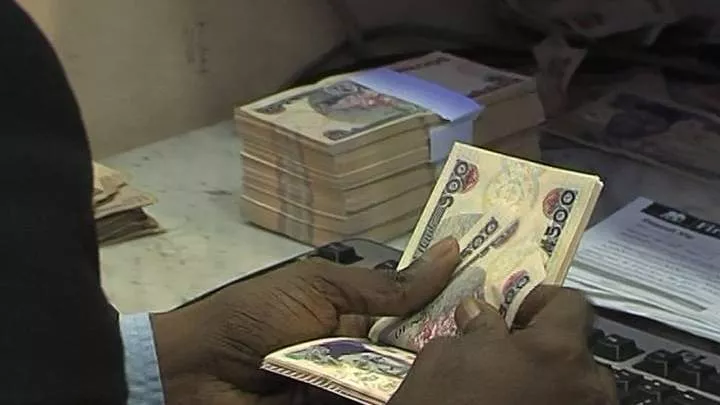

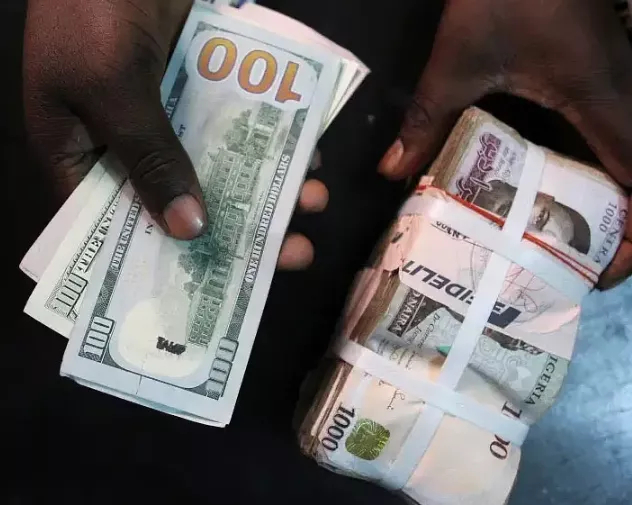









Comments